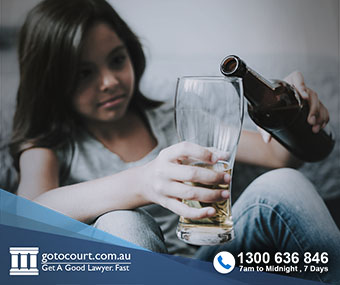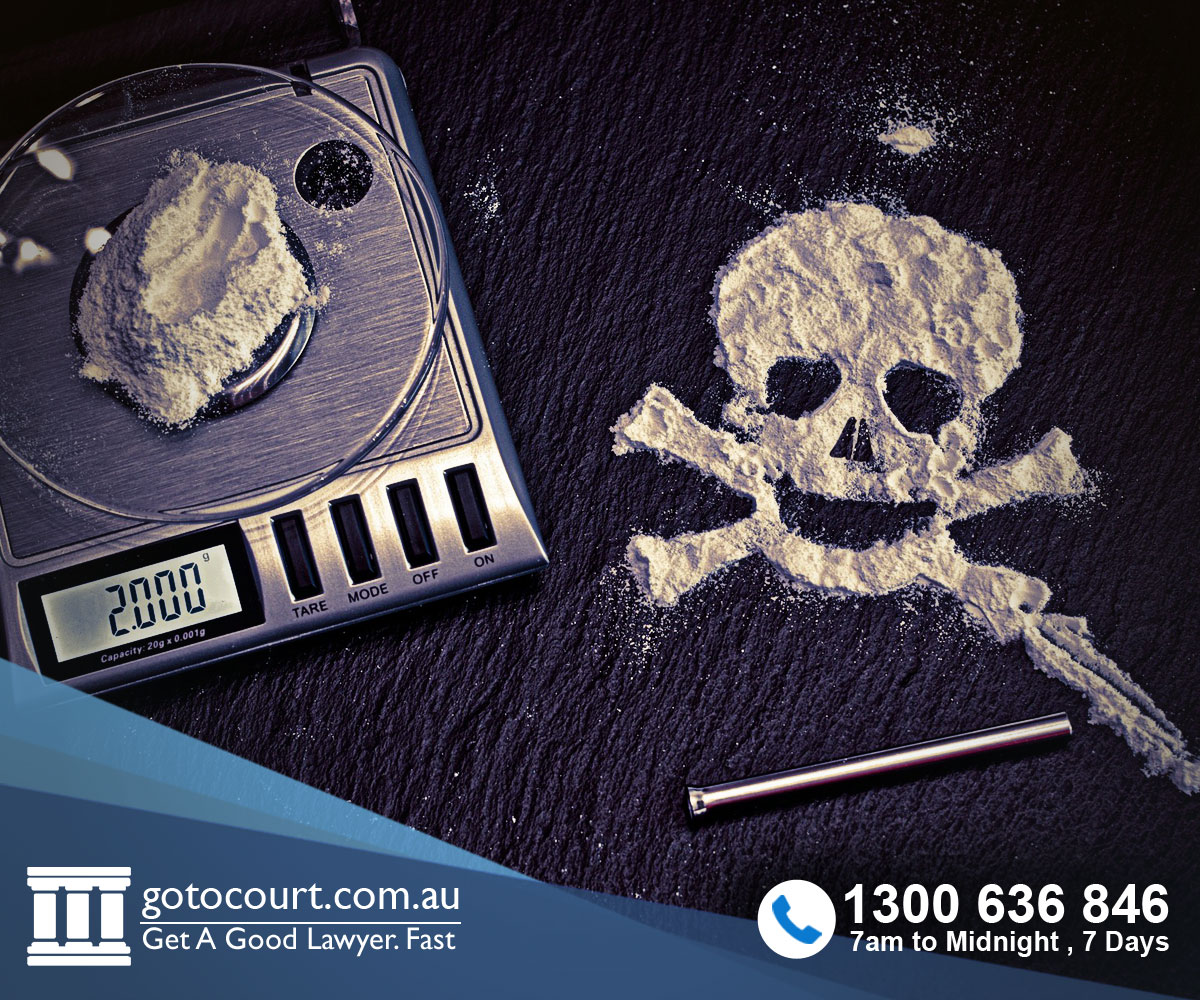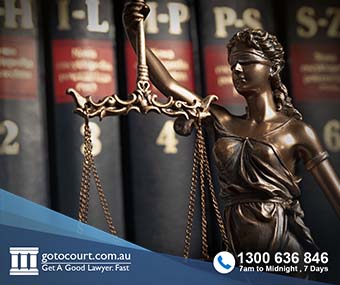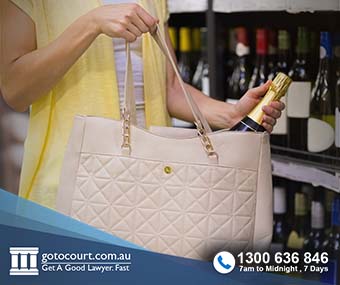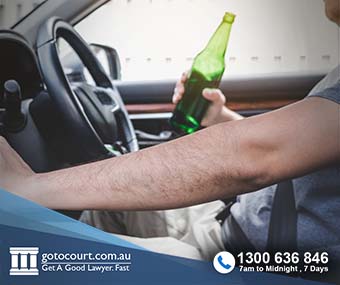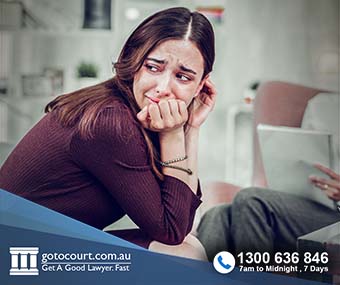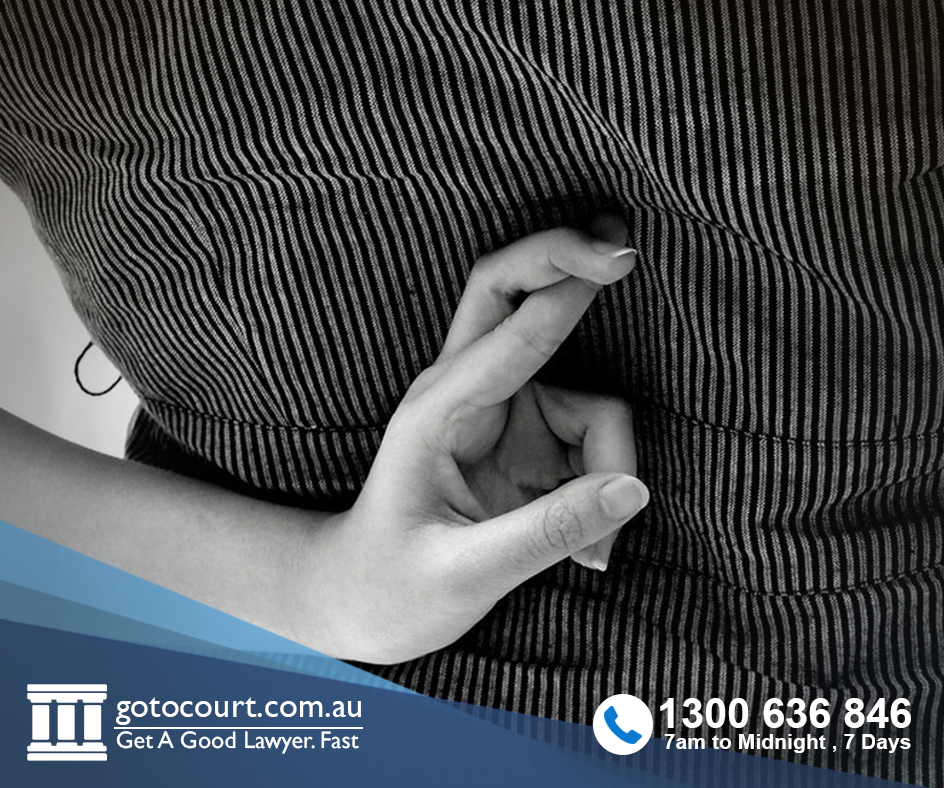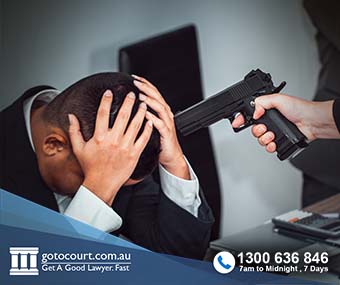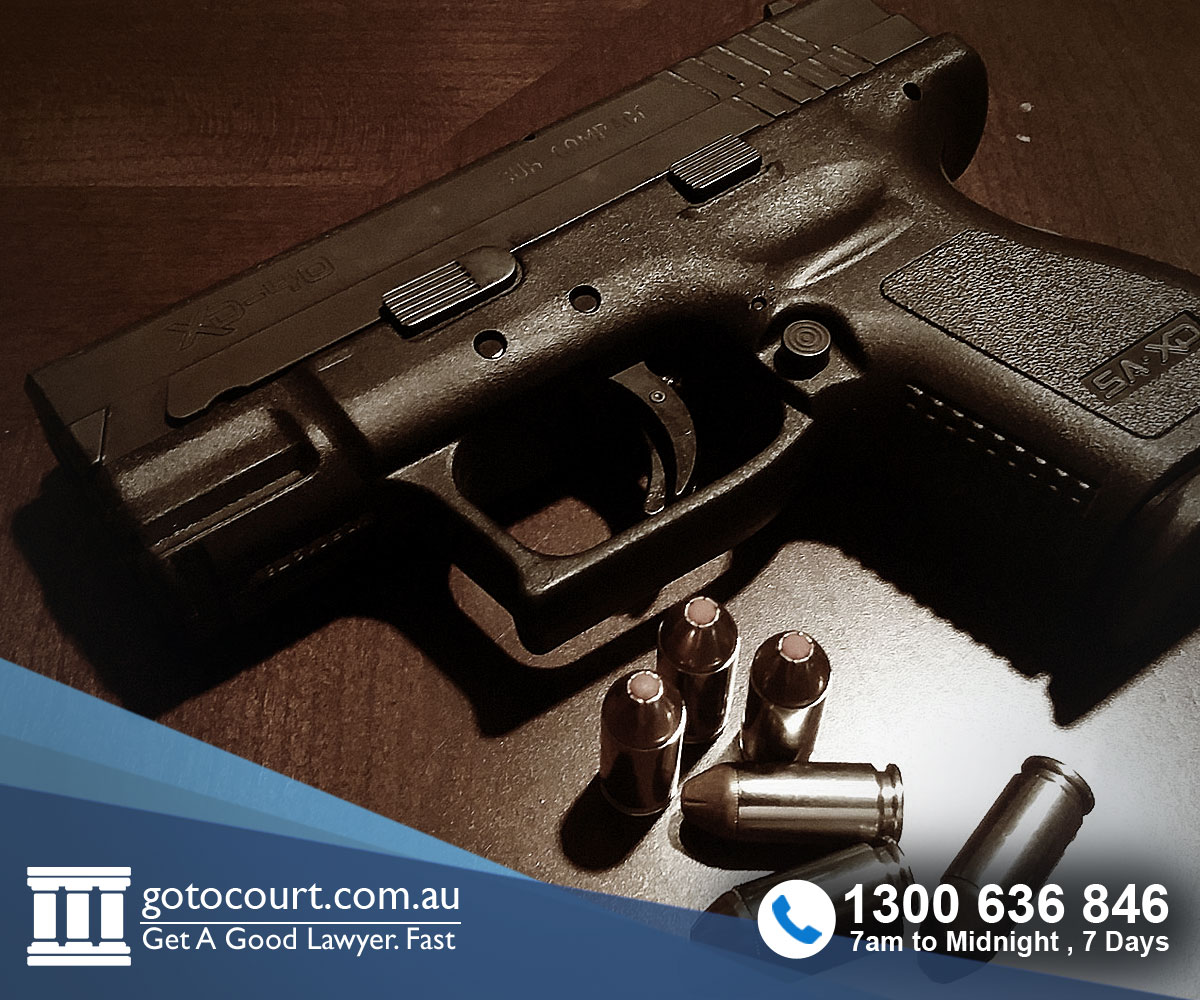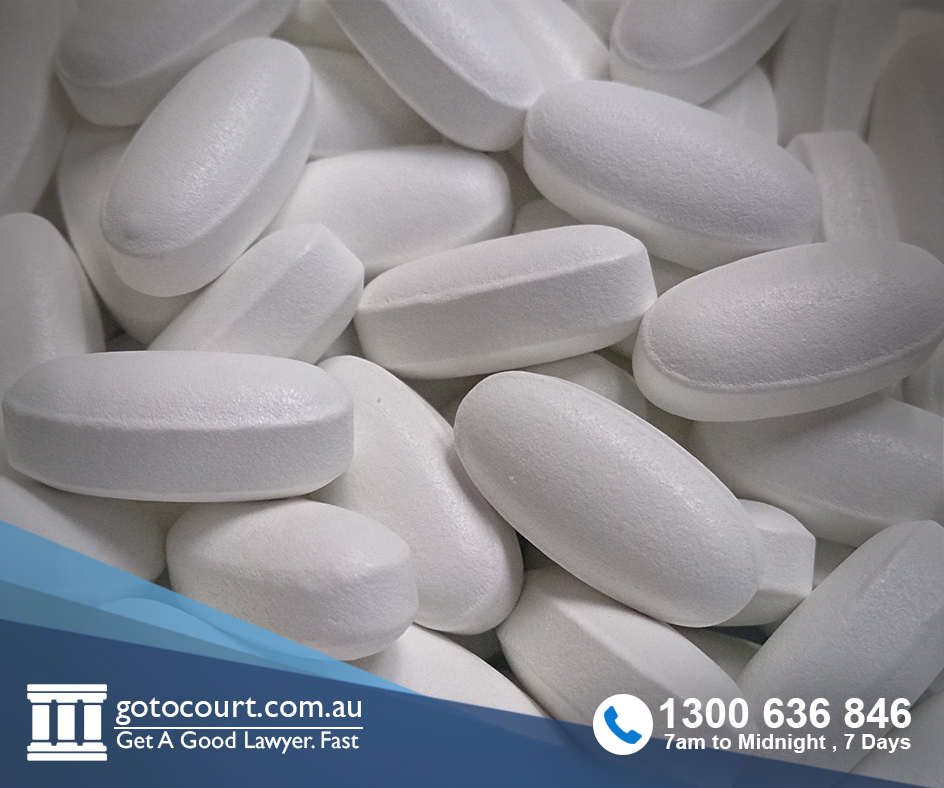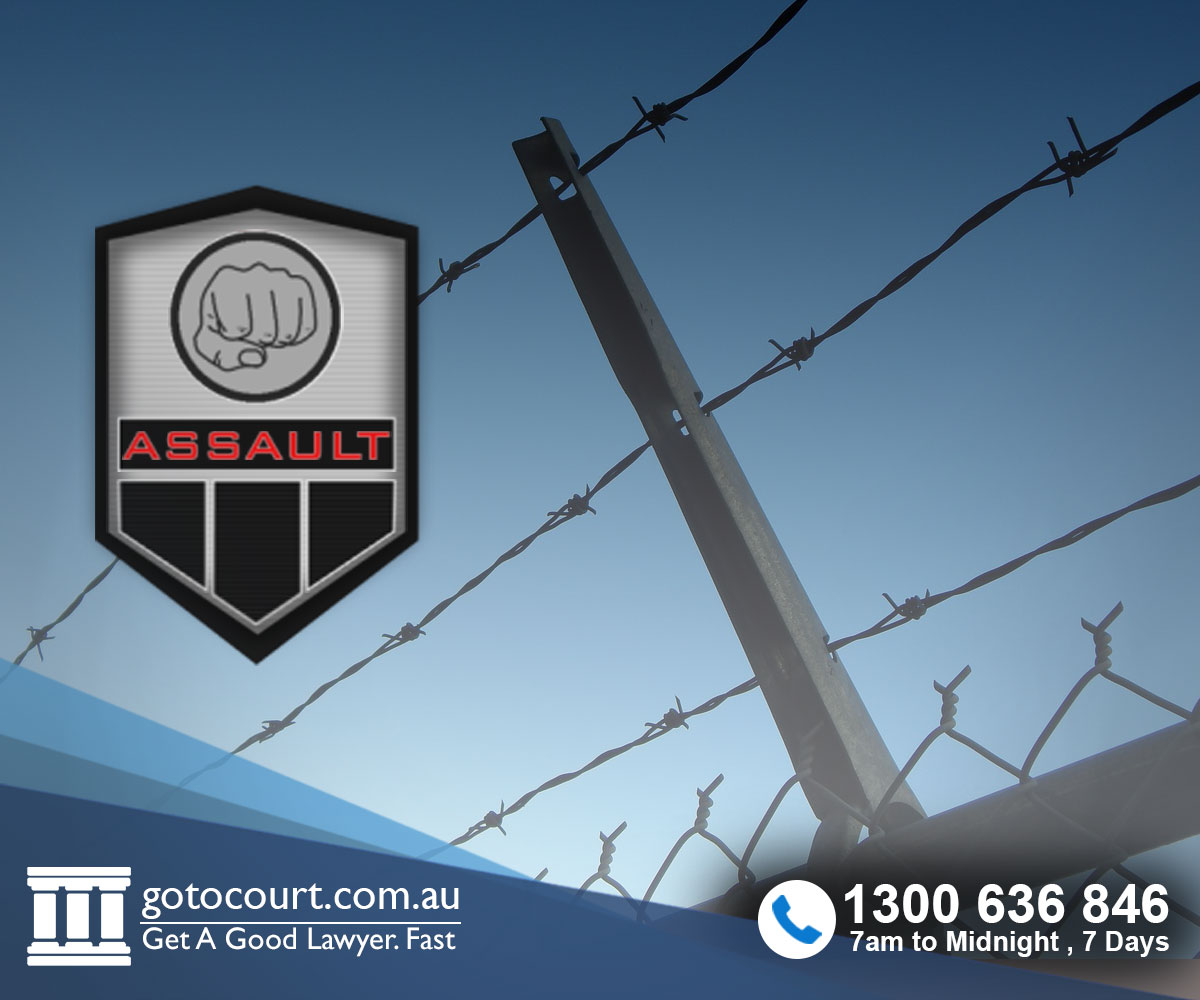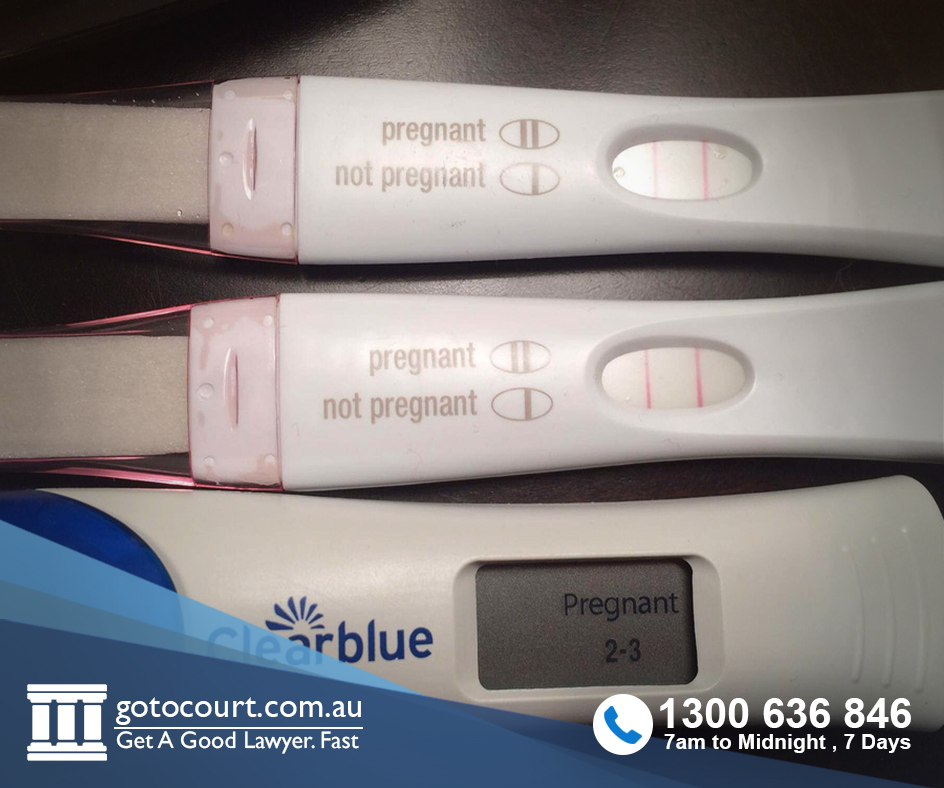Call our lawyers
now
or,
have our lawyers
call you
Fraud Offences (Qld)
Updated on Nov 08, 2022 • 4 min read • 701 views • Copy Link
Fraud Offences (Qld)
The offence of fraud is governed by section 408C of the Queensland Criminal Code 1899. That provision states that a person commits fraud if they dishonestly:
- Apply to their own use or to the use of another person property belonging to another or property in the person’s possession that is subject to a trust, direction or condition or on account of any other person; or
- Obtain property from any person; or
- Induce any person to deliver property to any person; or
- Gain a benefit or advantage, pecuniary or otherwise, for any person; or
- Cause a detriment, pecuniary or otherwise, to any person; or
- Induce any person to do any act which the person is lawfully entitled to do; or
- Make off, knowing that payment on the spot is required or expected for any property lawfully supplies or returned or for any service lawfully provided, without having paid and with intent to avoid payment;
Penalties for fraud
Offenders are liable to imprisonment for 14 years if, for a fraud offence where:
- The offender is a director or officer of a corporation, and the victim is the corporation; or
- The offender is an employee of the victim; or
- Any property in relation to which the offence is committed came into the possession or control of the offender subject to a trust, direction or condition that it should be applied to any purpose or be paid to any person specified in the terms of the trust, direction or condition or came into the offender’s possession on account of any other person; or
- The property, or the yield to the offender from the dishonesty, or the detriment caused, is of a value of at lease $30,000 but less than $100,000.
Fraud is a serious criminal offence and one that generally incurs a term of imprisonment. Some mitigating factors can also be used to argue for a more lenient penalty. These include a person’s age, character, lack of criminal history or reputation within the community. Courts only ever impose imprisonment as a sentence of last resort.
What must be proven?
The prosecution must prove that the accused applied to his or her own use
- property belonging to another; or
- property in the defendant’s possession that is subject to a trust, direction or condition or on account of any other person.
It was held in the 1994 case of R v Easton that ‘applied’ means taken or used for the defendant’s own purposes
Alternately, the prosecution must prove that:
- the defendant obtained property from any person; or
- The defendant induced any person to deliver property to any person.
- The defendant gained a benefit or advantage, pecuniary or otherwise, for any person.
- The defendant caused a detriment, pecuniary or otherwise, to any person.
- The defendant induced any person to do an act which the person was lawfully entitled to abstain from doing.
- The defendant induced any person to abstain from doing an act which the person was lawfully entitled to do.
- The defendant made off:
- knowing that payment on the spot was required or expected for property lawfully supplied or returned or any service lawfully provided;
- without having paid; and
- with intent to avoid payment.
There must have been dishonesty
In the case of Peters v The Queen (1998) 192 CLR 493, it was held that a person must have acted dishonestly by the standards of an ordinary, honest and reasonable person, and the person must have known that their actions were dishonest by these ordinary standards.
Further, in the case of R v Glenister [1980] 2 NSWLR 597, it was held that the term fraudulently has a meaning interchangeable with dishonestly.
Possible defences to a fraud charge
A possible defence that can arise to a charge of fraud is that the accused’s actions were honest or the result of an honest and reasonable mistake. A person may also raise that they had an honest claim of right to the property in question.
Other defences include duress, that the thing alleged to have been taken was not property able to be taken, insanity, or that the accused had the consent of the owner of the property.
If you require legal advice in a criminal matter or in any other legal matter, please contact Go To Court Lawyers.


Affordable Lawyers
Our Go To Court Lawyers will assist you in all areas of law. We specialise in providing legal advice urgently – at the time when you need it most. If you need a lawyer right now, today, we can help you – no matter where you are in Australia.How It Works








1. You speak directly to a lawyer
When you call the Go To Court Legal Hotline, you will be connected directly to a lawyer, every time.


2. Get your legal situation assessed
We determine the best way forward in your legal matter, free of charge. If you want to go ahead and book a face-to-face appointment, we will connect you with a specialist in your local area.


3. We arrange everything as needed
If you want to go ahead and book a fact-to-face appointment, we will connect you with a specialist in your local area no matter where you are and even at very short notice.

